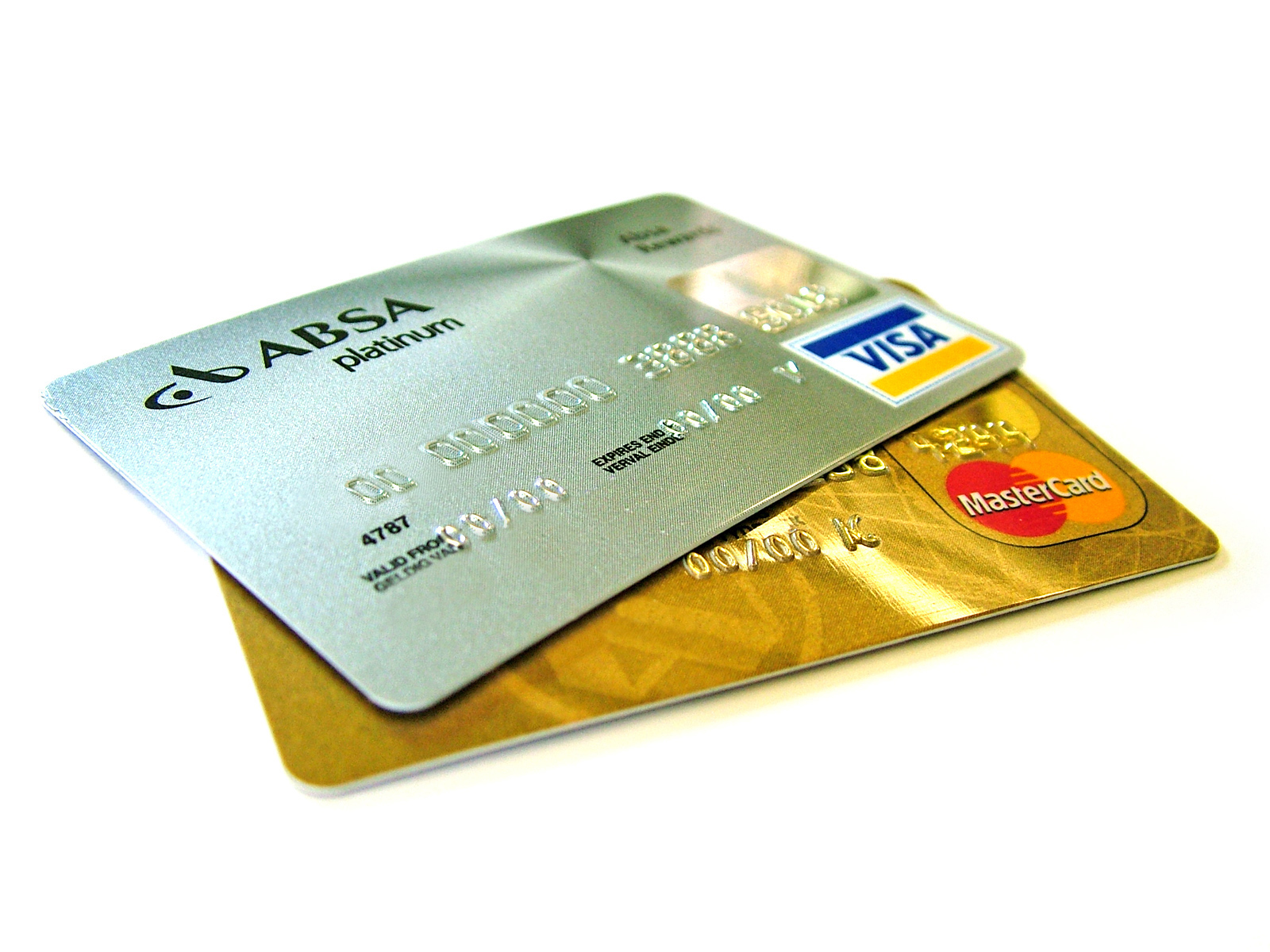Of course divorce can ruin your credit. It really depends on the financial circumstances of your divorce. But, can it ruin your credit? Absolutely. It can also ruin your credit after the divorce. And that’s the one I’d really like to talk about first.
When you design your separation agreement, in other words, how you’re going to split up your assets and debts, a lot of times people will have credit card debt. Any debt created during the marriage is marital. Just because it’s in one person’s name doesn’t mean it’s just their debt. It’s not, it’s marital debt.

And so, during the divorce process what I’ve seen happen to people is they say, “Okay, I’ve got a credit card, but my soon to be ex-husband is going to pay off that credit card. Because it’s marital debt and his name’s not on it but he’s going to pay off that credit card.” Now that’s all well and good but, down the line if that ex-husband stops paying on that credit card what are you going to do about that? Well, who’s credit’s going to get ruined? Not his credit. He’s not on that debt. Even though it’s a marital debt, even though you can bring him to court and say he’s in contempt of court because he’s not paying off that debt, the credit card is not going to go after him because his name’s not on it. The credit card company is going to go after you.
And even though you weren’t supposed to pay it, as per the agreement, you’re the one who’s credit is going to get ruined. So, I think it’s very important during a divorce process when you are splitting up debt to be very careful to protect yourself against that circumstance happening. Sometimes it’s unavoidable. But, you really want to look at if there’s a debt that’s in your name only is there away for you to be paying off that debt and have it balanced with other assets so that you’re not splitting it up and expecting the other party to pay for something that could ruin your credit if they don’t pay for it.
That could happen with cars, that could happen with credit card debt. It’s something to be cognizant of and wise about during the divorce process. Now, generally speaking a divorce could ruin your credit because you’re essentially going bankrupt from the divorce process and you’re in financial ruin. That happens to people, right? It happens to people.
How a divorce itself can affect that is that, let’s just say you’re fighting over custody in a really horrible custody fight and you’re building up debt by paying attorney’s fees to fight that custody fight. That would be a way that you would get into debt in a situation where you might not be able to pay for it because you’re just spending oodles and oodles of money in your divorce case.
I think the answer to that is that during your strategy sessions, which I recommend, at the beginning of a case, you’re looking at the best case scenario and you’re looking at the worst case scenario. And if the worst case scenario is a big, ugly custody fight, then you look at what’s the financial repercussions of that big, ugly custody fight. And understanding that if it’s going to cost tens of thousands of dollars is that something that on the back end you’re going to be able to deal with or are we dealing with something financially going to be a situation that could ruin your credit. So, that you at least know what you’re heading into. You might do it anyway because custody is important to you and your children are important to you but you at least know that that situation is going to exist.
And then the thirst situation is that you’re just walking into the divorce with bad credit. You’re walking into the divorce with a bad financial situation. And it’s something that we need to be very cognizant of as we move through the divorce process of how to handle that on the back end. People have questions about should you declare bankruptcy during a divorce. Should you wait until after the divorce to declare bankruptcy? I usually recommend the people go to a bankruptcy lawyer and actually talk about those questions with someone with bankruptcy expertise before they make that decision on whether to file during the divorce or not.
Anything else that you want to talk about regarding that, I think we need probably a phone call to talk about your specific circumstances and how it would affect your divorce process.



